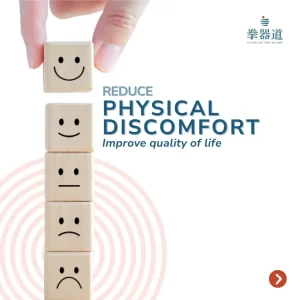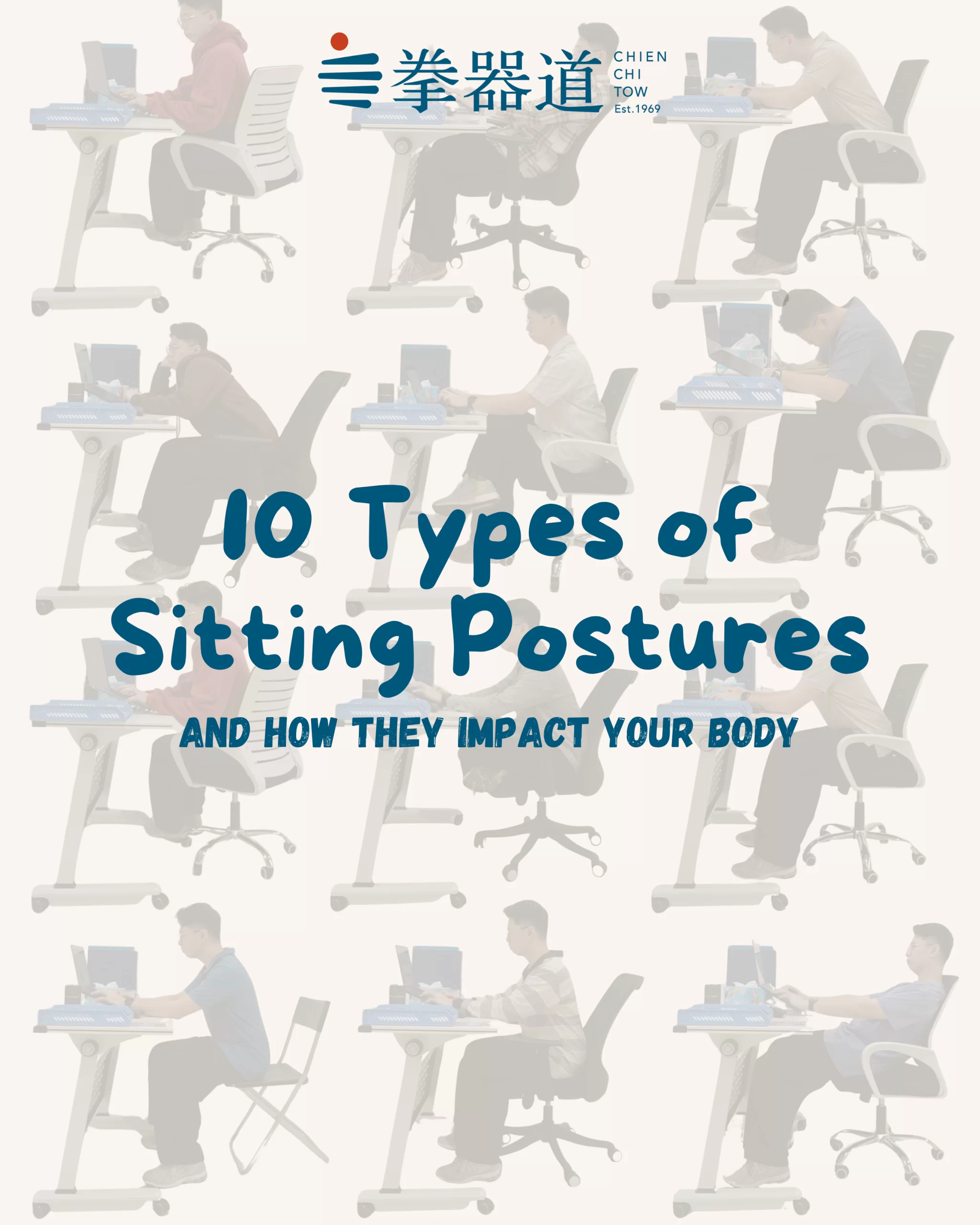Enhancing the mind-body connection is fundamental for holistic health & wellness, and both Trigger Point Therapy and Traditional Chinese Medicine (TCM) offer unique perspectives and methods for achieving this balance. Integrating Trigger Point Therapy with TCM practices can provide a total & comprehensive approach to health and wellness, addressing both the physical and vitality aspects of the body.
Understanding the Mind-Body Connection in TCM
In TCM, the mind-body connection is understood through the concept of Qi (气), the vital energy that flows through the body’s meridians, and the balance of Yin and Yang. Health is seen as a state of balance between these forces, and illness is considered a result of blockages or imbalances in Qi. TCM practices, including acupuncture, TCM herbal prescription, cupping, and Tui Na massage, aim to restore balance and ensure the smooth flow of Qi, thereby enhancing the mind-body connection.
A Complementary Approach
Trigger Point Therapy focuses on identifying and treating specific points of muscle tension that contribute to pain and discomfort. These trigger points can restrict movement and cause a range of symptoms, including referred pain, which can affect the body’s physical balance and well-being. By releasing these points through targeted pressure and massage, Trigger Point Therapy can help alleviate pain, improve range of motion, and enhance overall physical health.
Mind-Body Enhancement
Pain Relief and Reduced Physical Discomfort
Direct Impact
Trigger Point Therapy directly targets and releases trigger points, which are often the source of acute and chronic pain. This physical relief can significantly improve the quality of life.
Mind-Body Feedback
As physical discomfort decreases, patients often experience a positive shift in their mental state. Pain reduction can lead to reduced stress and anxiety, creating a positive feedback loop between the mind and body.
Stress Reduction and Emotional Well-being
Stress Relief
The process of releasing muscle tension can have a calming effect on the nervous system, reducing the physiological responses to stress. This can help lower cortisol levels, promoting relaxation and emotional well-being.
Emotional Release
Trigger points are sometimes linked to emotional trauma or stress. Their release can also lead to an emotional release, offering a therapeutic effect that supports mental health and resilience.
Improved Sleep Patterns
Restorative Sleep
By alleviating pain and reducing stress, Trigger Point Therapy can improve sleep quality. Good sleep is crucial for the mind-body connection, as it supports cognitive function, mood regulation, and physical health.
Relaxation Techniques
The relaxation experienced during and after Trigger Point Therapy can prompt patients to relax the body for better sleep quality.
Enhanced Physical Function and Mobility
Increased Mobility
Releasing trigger points improves range of motion and flexibility, allowing patients to engage in physical activities with greater ease and less discomfort.
Physical Activity and Mental Health
Increased physical activity, facilitated by improved mobility, can have profound benefits on mental health, including reduced symptoms of depression and anxiety. This creates a virtuous cycle where physical health and mental well-being support and enhance each other.
The benefits of enhancing the mind-body connection through Trigger Point Therapy are multifaceted, impacting physical health, emotional well-being, and overall quality of life. By addressing the physical manifestations of stress and tension, Trigger Point Therapy not only alleviates pain but also promotes a deeper connection between the mind and body.









